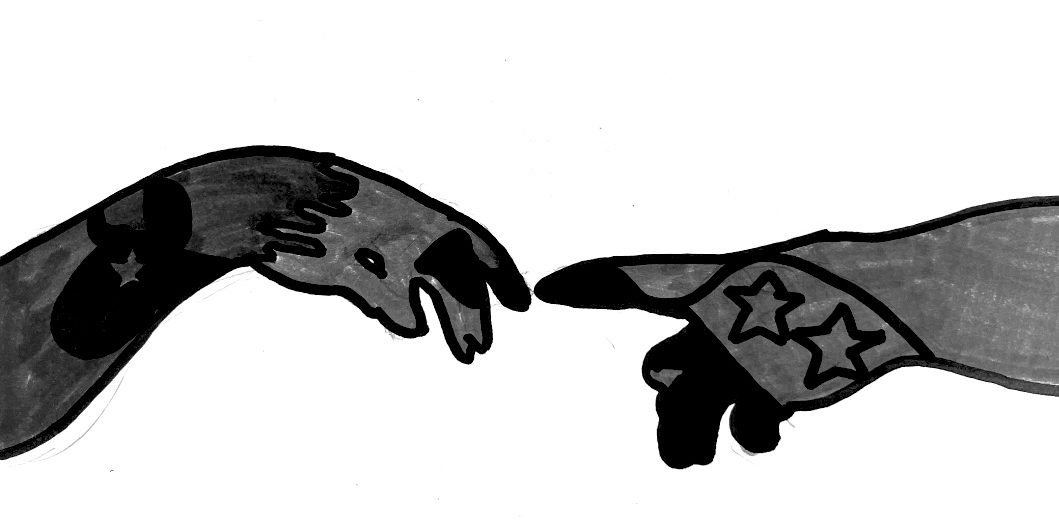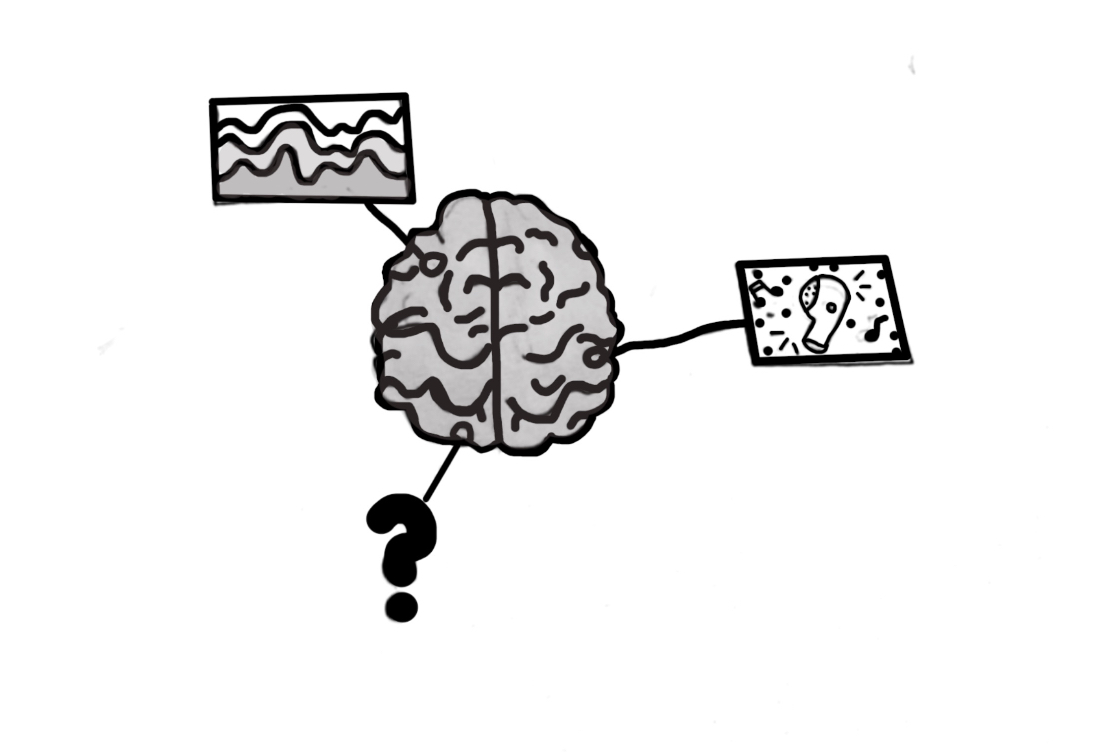It seems like wherever we go, technology surrounds us. We have grown to rely on it for many aspects of our lives, from online shopping to paying for Starbucks.

We share everything with our followers and friends, and look to others for feelings of popularity and approval, in the form of likes, followers, and comments.
Sometimes I receive texts or Facebook messages from friends who ask for, “A like for a like?” meaning that if I like their profile picture, they will like mine.
Are we really basing our self-confidence on how many digital likes we get?
I’ll admit, I have an Instagram, a Facebook and a Twitter. And like many, I sometimes feel addicted, constantly checking sites on my phone, waiting for an update or notification.
But that doesn’t mean I am oblivious to my dependence on technology as a source for entertainment.
A study done by Common Sense Media found that 41 percent of teens surveyed considered themselves addicted to their phones, and 43 percent of teens wished that they could disconnect themselves from technology at some point.
I am one of the many who experience this.
When with friends, I half-jokingly suggest a phone-ban at dinner, or a basket to put phones in until the meal is over.
Although the response is usually laughing and blowing me off, I wish that my friends would understand how frustrating it is when someone is trying to have a conversation and everyone else at the table is on their phones.
It seems as if we have lost any almost all face-to-face interactions.
Do we really need to text each other from across the room, or check in on Instagram to see what peers are doing?
It’s a strange phenomenon, that many teens believe that they need to build up a social media presence.
Even if they are not aware of this, their posts and actions on the sites can create one.
How we are perceived on the Internet is important to us, as many associate “likes” with popularity and social status.
Whether on Facebook, Instagram, or Twitter, many students use the site to prove that they are out doing something rather than sitting home alone.
At social functions, statements like, “Here, take a pic for Insta!” or “I need a new profile picture!” are frighteningly common.
Why should it matter how many likes we get on an Instagram post?
Does it make us feel better about who we are as people, or feel like more people like us?
To relieve our dependency, or at least lessen it, social media breaks should be taken periodically.
If we all made a conscious effort to reduce our addiction and how much we care about how others—we ourselves–look on social media sites, this long-running cycle might slow down.
Although there might not be an immediate and definite solution to the problem, if we all just take a second and to think about what we post on the Internet and hesitate before we habitually check a social media site, we can avoid the dependence of social media.






